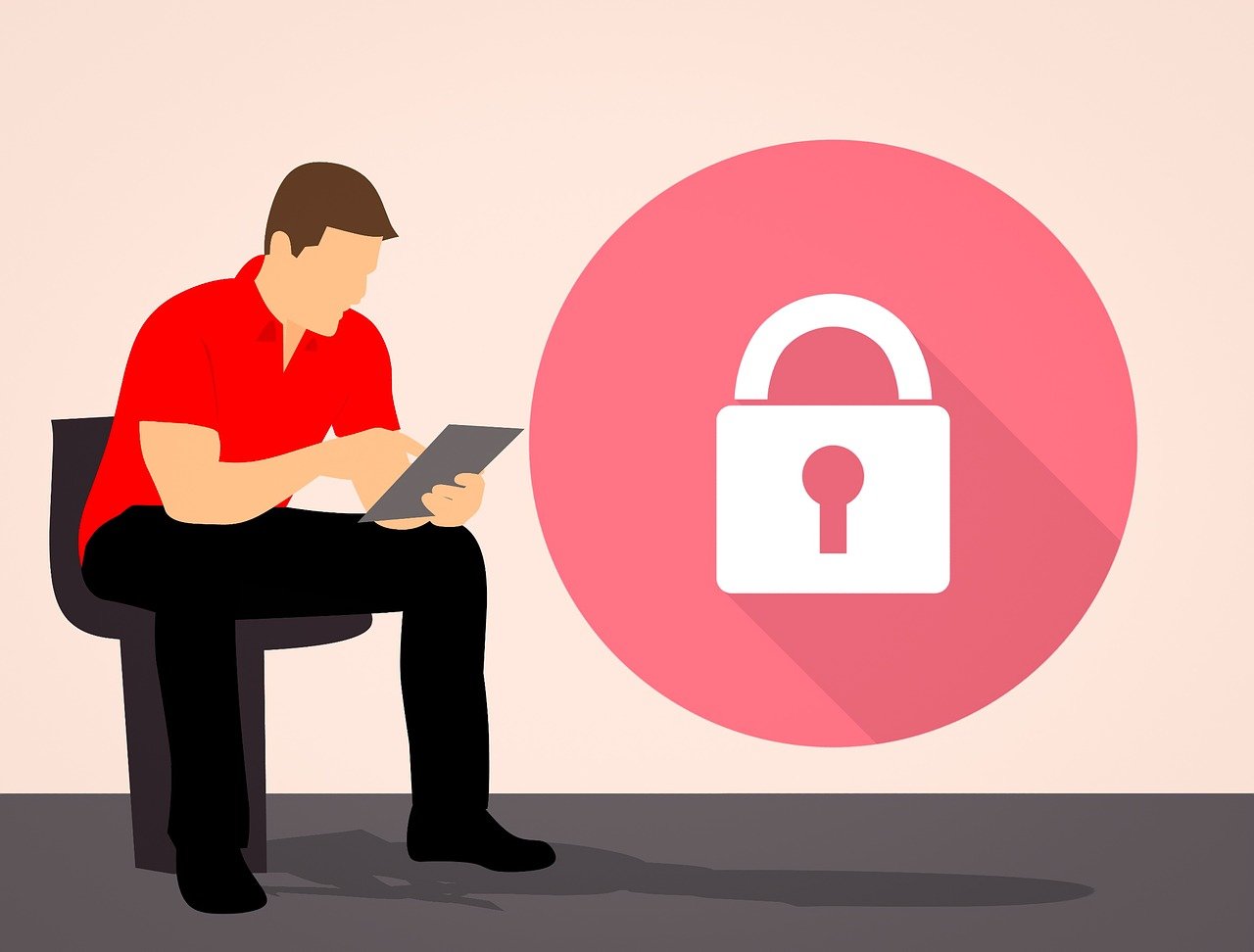Ransomware has fast become the biggest actor in the global threatscape, but should you always pay the ransom or not?
Ransomware has fast become the biggest actor in the global threatscape. Attacks such as Petya and WannaCry made global headlines and came at a massive financial cost to organisations not protected against the threat. Whilst there is plenty of advice on how to avoid becoming a victim of the ransomware scourge, the grapevine is much quieter when it comes to answering the question: should you pay ransomware ransoms?







There is never a need to pay a ransom. The victim should just roll back to the last clean backup. This really is not rocket science. Paying criminals, especially blackmailers as that is what ransomware perps are, only feeds the criminal fire.
Hello Simon, while I agree in principle there is a major flaw in this logic: namely that not everyone has a proper backup/recovery system in place or find that what they thought was an effective disaster recovery mechanism is actually broke. What about them? In these circumstances the question is valid, and the answer a lot less clear cut methinks.